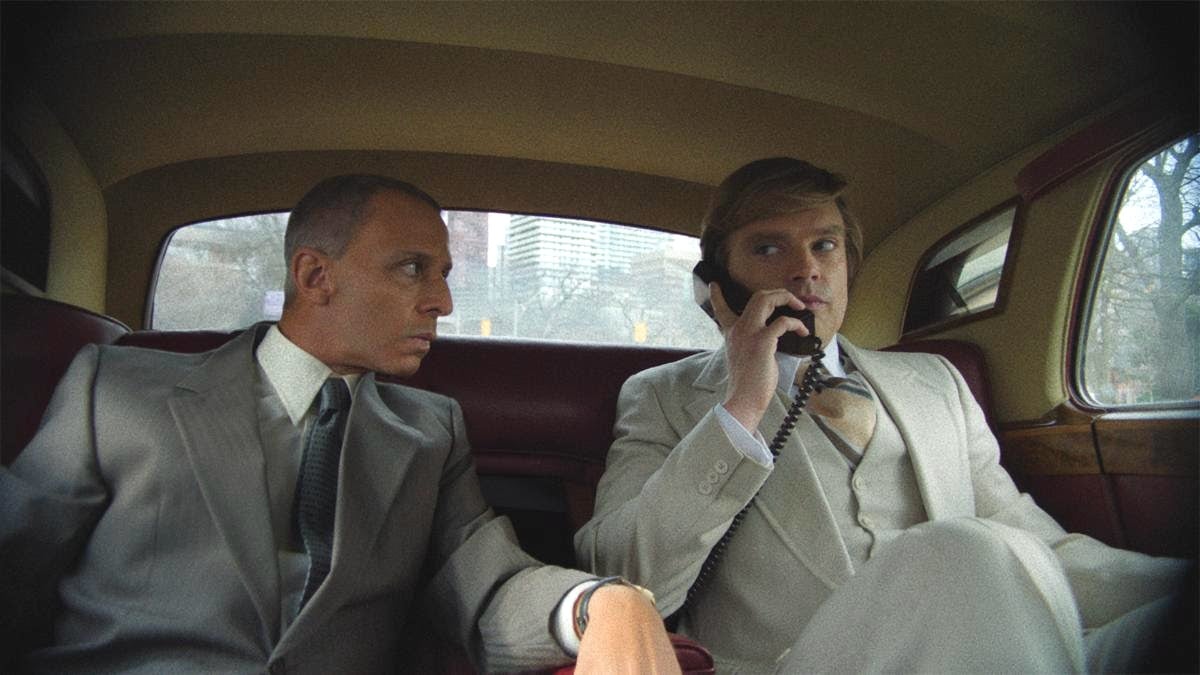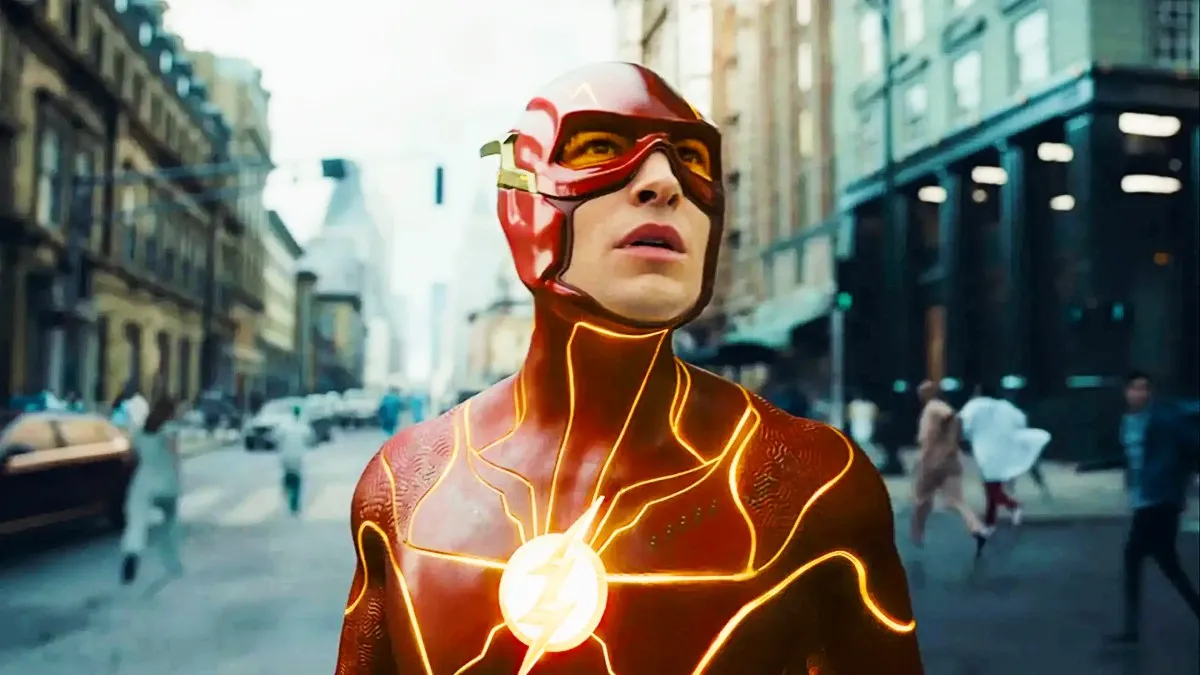It has been nearly 20 years and we’re still crying over Star Wars: Revenge of the Sith. Now, a making of book details how much darker our beloved story could have gotten for Ewan McGregor’s Obi-Wan Kenobi.
According to ScreenRant, a book that was released back when the film was in 2005 is getting revisited. And it shows fans just what the Mustafar battle between Obi-Wan Kenobi and Anakin Skywalker (Hayden Christensen) could have been. In The Making of Star Wars, Episode III – Revenge of the Sith, written by J.W. Rinzler, it is said that at one point in the process, Anakin says to Obi-Wan “Help me, Master” and Obi-Wan says no.
Ultimately, that was for the better because the tension between Obi-Wan Kenobi and Anakin Skywalker is born out of Anakin’s own inability to see sense once he is too far gone with the Dark Side of the Force. If he had actual motivation, I think it would ultimately change the entire rest of the franchise.
The scene was changed to feature Obi-Wan leaving on a ship and helping Padmé (Natalie Portman) as she gave birth to Luke and Leia. But the idea that Obi-Wan could have denied Anakin the help he needed is an interesting one to unpack.
The final showdown between Obi-Wan Kenobi and Anakin Skywalker on Mustafar is one that fans love dearly. It features Obi-Wan saying that only a Sith deals in absolutes while, in turn, dealing in an absolute himself. It shows a master vs his padawan and just how far these two “brothers” have strayed from each other. But it also is Anakin challenging the way of the Jedi and Obi-Wan responding with his hatred of the Sith that ultimately leads to their inability to challenge the other’s ideas.
A battle of beliefs

What works about the Mustafar battle is that Anakin Skywalker very clearly believes what he did was for the betterment of the galaxy. Obi-Wan thinks that his friend has lost his path. The two are set in what they think is right and so when ultimately, it comes down to Anakin burning in the sand of Mustafar and Obi-Wan crying about their lost relationship, they both refuse to budge.
The Jedi are not innocent when it comes to the fall of their rule. But obviously the ways of the Sith are worse and destructive. Anakin completed Order 66 of his own freewill and that is something that ultimately should destroy him. However, knowing that this scene could have played out differently would have changed how many of us view it. Obi-Wan was stuck in his own belief but he was so distraught by what his friend had become, that it hurts to watch.
If Anakin asked for help and Obi-Wan denied him, that wouldn’t be the case and it would go against what Obi-Wan Kenobi believed as a Jedi. I am glad the scene played out as it did in the final cut but that would have been heartbreaking to watch.










Published: Jan 13, 2025 04:52 pm